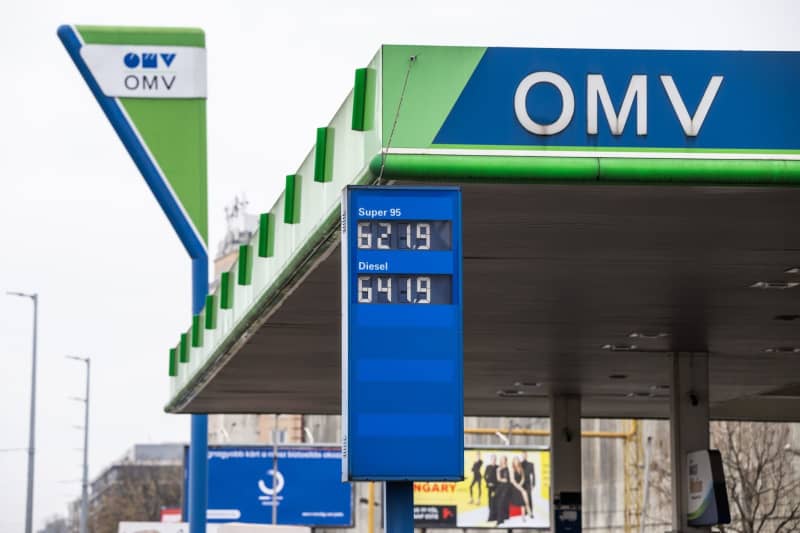Austria’s government, led by Chancellor Karl Nehammer, remains steadfast in its Ukraine policy despite recent actions from Russia that have halted the delivery of natural gas to the country. Gazprom Export, the energy subsidiary of the Kremlin-controlled Gazprom, informed the Austrian oil and gas group OMV that gas supplies would cease starting Saturday. This decision follows an arbitration ruling from the International Chamber of Commerce, which awarded OMV €230 million ($242 million) for a contractual dispute with Gazprom. In his speech, Nehammer asserted that Austria would not be pressured or succumb to threats, stating, “We will not be blackmailed and will not be brought to our knees.”
The Chancellor further emphasized that Austria would not face energy shortages due to this disruption, reassuring the public that there are sufficient reserves to meet the nation’s heating needs. He acknowledged previous instances where Gazprom had failed to meet its delivery obligations, aiming to leverage Austria’s support for EU sanctions against Russia. Nehammer pointed out that Austria’s current gas consumption levels are not influential to the broader European market and reiterated that residents would not be left in the cold. This confidence in energy supply is particularly significant as Austria has been one of the EU countries most heavily dependent on Russian gas, with over 80% of its gas imports stemming from Russia.
The situation has seen some improvement in Austria’s energy landscape, according to OMV. The company indicated that it has been preparing for a total cut-off from Russian gas for the past three years, allowing Austria to adopt a more resilient stance than before. The current energy strategy involves sourcing natural gas supplies from Norway, domestically-produced reserves, and liquefied natural gas transported by ship from Germany or Italy. Additionally, with Austria’s storage facilities operating at approximately 90% capacity, the country has enough gas reserves to fulfill its needs for around a year.
The dispute that led to the cessation of gas deliveries revolves around a prior interruption in gas supply, which prompted the arbitration case. Following the ruling in favor of OMV, the company made the decision to halt payments to Gazprom until the gas equivalent of the awarded amount is delivered. This particular arbitration case reflects a broader trend in Austria’s energy relationship with Russia, which dates back to 1968. Despite the longstanding ties, the ongoing geopolitical tensions and shifts in energy policy suggest that this relationship would have faced significant challenges even without the latest developments.
As the year comes to a close, Austria is set to see the expiry of the transit contract for Russian gas delivery through Ukraine and Slovakia, which is unlikely to be renewed. This signifies a shifting landscape in energy cooperation, reflecting wider EU measures to reduce reliance on Russian energy sources in light of the ongoing conflict in Ukraine. Meanwhile, neighboring countries such as Hungary and Slovakia continue to receive substantial volumes of gas from Russia, highlighting the differing approaches within EU member states regarding energy dependence on Russia.
In summary, Austria’s commitment to its energy independence and support for Ukraine amid the ongoing conflict underscores a pivotal shift in its energy strategy. With significant preparations already made and alternative sources to mitigate the impact of reduced Russian gas flow, Austria is poised to navigate this challenging period while reaffirming its position within the broader EU context. As the energy dynamics in Europe evolve, the ramifications of these decisions will likely influence future relations and energy policies, not only for Austria but across the continent.

